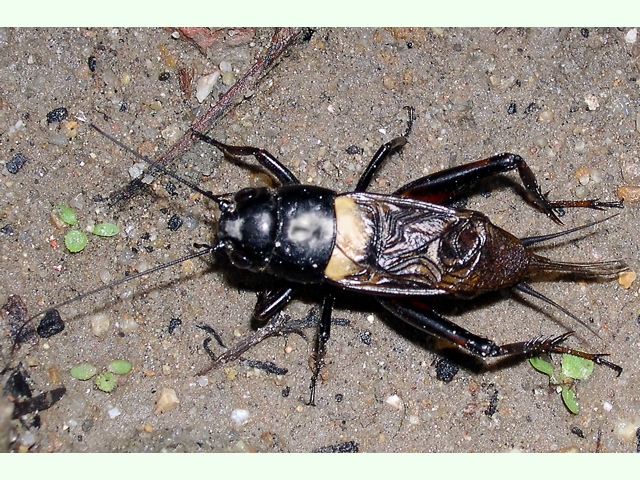duernu – trough – artesa
Posted: Fri Feb 22, 2008 3:24 pm
duernu: pronounced dweir-NOO. Sustantivu (noun) to designate the wooden trough or boxlike receptacle used in Asturias to collect the juice of industrially pressed apples at a llagar (cider factory). Usually made from the hollowed half of a chestnut or oak tree. Synonyms at basin, receptacle, tub, vat, pit, sink, drain, sinkhole, waterway, concavity.
duerna: pronounced dweir-NAH. Chiefly West Asturian. Sustantivu (noun) designating the wooden trough, usually long and narrow, for holding water or feed for pigs, cows, goats, sheep or horses. Any of various similar troughs from a hollowed tree used for kneading or washing. The duerna is also used to salt meat for storage after the killing of swine following the Samartin holiday.
Usage examples:
Lo que gusta-y a esi rapaz ye la sidra’l duernu. [What that guy really likes is the non-fermented apple juice]
La sidra del duernu equi ye de baldre. [The non-fermented apple juice is free here]
Au metiste el duernu pal ganau? Metilu na panera. [Where did you put the trough for the cows? I put it in the granary]
Pepe tien la duerna a salar de Grandas na planta baxo del museu. [Pepe has the wooden trough from Grandas in the lower floor of the museum]
Echei la l.labaza na duerna pa los gochos.
According to the Corominas etymological dictionary, a possible derivation of the Celtic root DURNO, in Irish Gaelic dorn, Welsh dwrn (fist), Breton dourn (hand). The word ‘duerna’ is first mentioned in a document from Leon in 1494. In Galician, according to Carlos from this forum, a ‘dorna’ is the barrel used to ferment wine, as well as the name given to a small skiff. For a more exhaustive etymology, courtesy of Carlos, go to this link: http://www.asturianus.org/forum/viewtopic.php?t=2314
In the etymology dictionary (http://www.etymonline.com/), the word trough itself may be related to duernu through the root ‘dru-‘, meaning wood or tree:
O.E. trog, from P.Gmc. *trugoz (cf. O.Fris., O.S., O.N. trog, M.Du. troch, Du. trog, O.H.G. troc, Ger. trog), perhaps ultimately from PIE *drukos, from base *dru- "wood, tree" (see tree). Originally pronounced in Eng. with a hard -gh- (as in Scottish loch); pronunciation shifted to -f-, but spelling remained.
duerna: pronounced dweir-NAH. Chiefly West Asturian. Sustantivu (noun) designating the wooden trough, usually long and narrow, for holding water or feed for pigs, cows, goats, sheep or horses. Any of various similar troughs from a hollowed tree used for kneading or washing. The duerna is also used to salt meat for storage after the killing of swine following the Samartin holiday.
Usage examples:
Lo que gusta-y a esi rapaz ye la sidra’l duernu. [What that guy really likes is the non-fermented apple juice]
La sidra del duernu equi ye de baldre. [The non-fermented apple juice is free here]
Au metiste el duernu pal ganau? Metilu na panera. [Where did you put the trough for the cows? I put it in the granary]
Pepe tien la duerna a salar de Grandas na planta baxo del museu. [Pepe has the wooden trough from Grandas in the lower floor of the museum]
Echei la l.labaza na duerna pa los gochos.
According to the Corominas etymological dictionary, a possible derivation of the Celtic root DURNO, in Irish Gaelic dorn, Welsh dwrn (fist), Breton dourn (hand). The word ‘duerna’ is first mentioned in a document from Leon in 1494. In Galician, according to Carlos from this forum, a ‘dorna’ is the barrel used to ferment wine, as well as the name given to a small skiff. For a more exhaustive etymology, courtesy of Carlos, go to this link: http://www.asturianus.org/forum/viewtopic.php?t=2314
In the etymology dictionary (http://www.etymonline.com/), the word trough itself may be related to duernu through the root ‘dru-‘, meaning wood or tree:
O.E. trog, from P.Gmc. *trugoz (cf. O.Fris., O.S., O.N. trog, M.Du. troch, Du. trog, O.H.G. troc, Ger. trog), perhaps ultimately from PIE *drukos, from base *dru- "wood, tree" (see tree). Originally pronounced in Eng. with a hard -gh- (as in Scottish loch); pronunciation shifted to -f-, but spelling remained.



